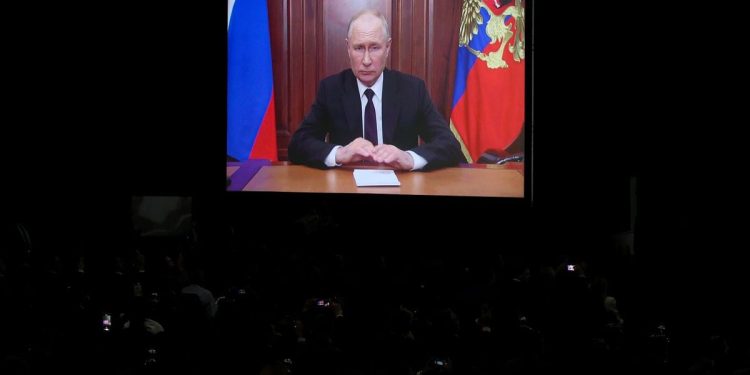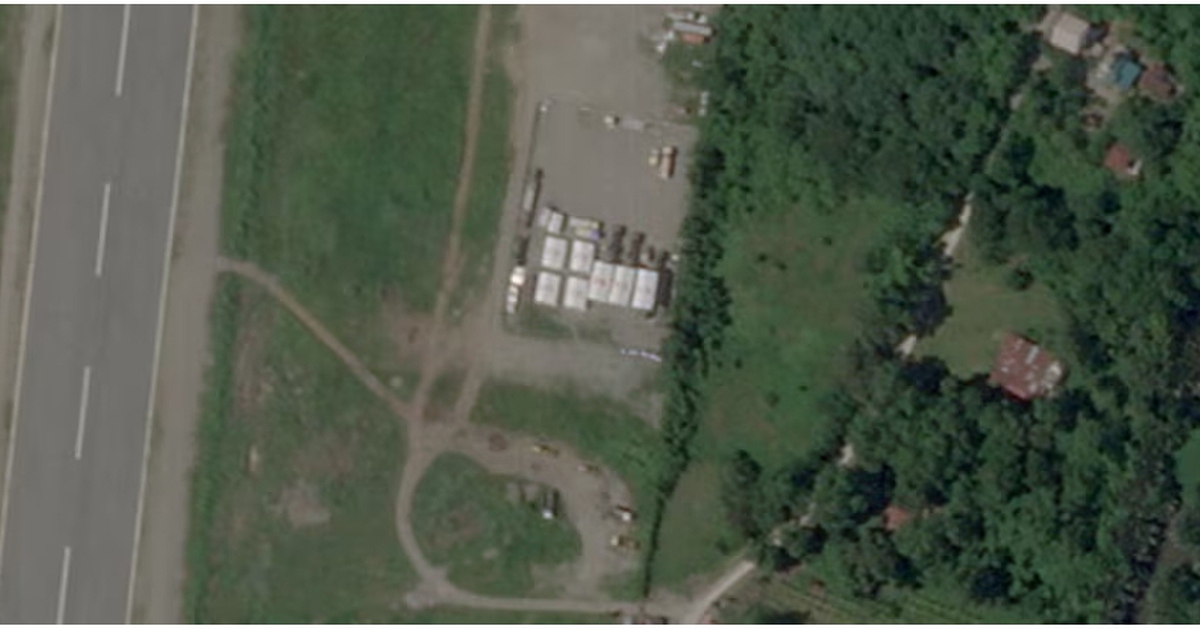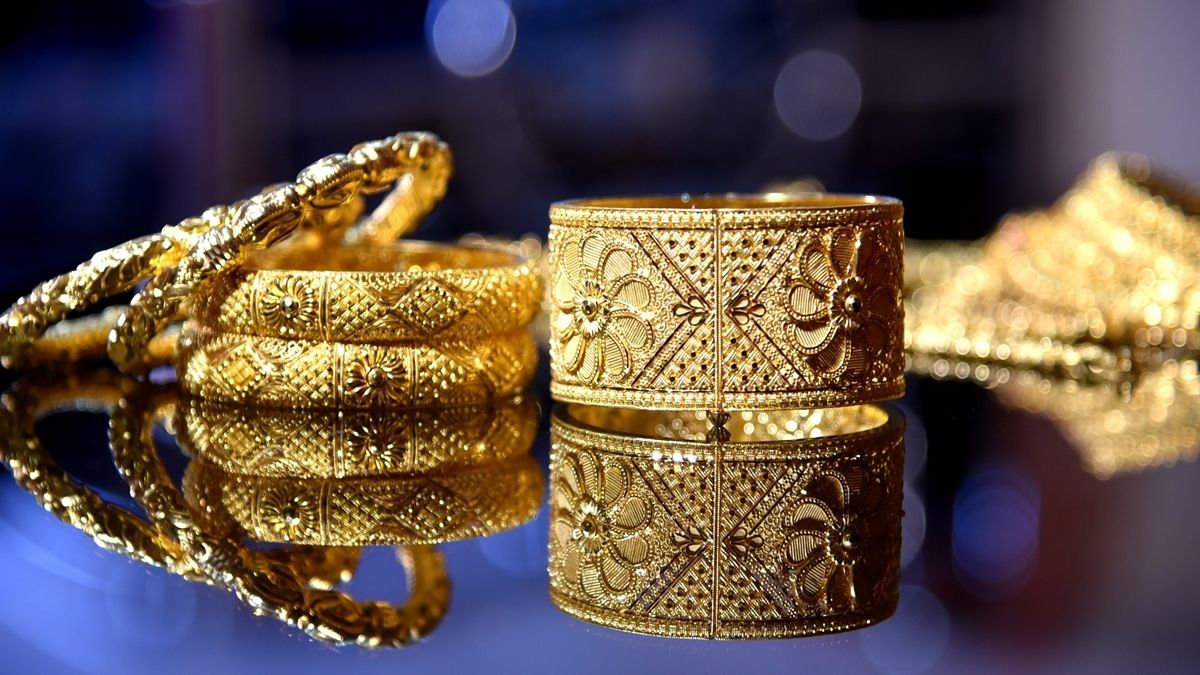The BRICS, the group of Brazil, Russia, China, India and South Africa, began their XV summit in Johannesburg on Tuesday with an important debate on the table: the expansion of the club from five to more countries. Its members aim to give non-Western nations more of a voice on the international scene, but have shown that their interpretations of the world are different. Some partners have insisted on maintaining a good relationship with the West, while others have pushed to turn the United States and its allies into antagonistic rivals. The most prominent supporter of the bloc division, Russian leader Vladimir Putin, has not attended the meeting in South Africa, a member of the International Criminal Court, for fear of being arrested for war crimes in the invasion of Ukraine.
About three dozen countries have shown interest in joining the club. Some, such as Ethiopia, Bangladesh and Egypt have submitted a formal request. “We appreciate it,” said the President of South Africa, Cyril Ramaphosa, during the opening. “The importance and influence of the BRICS family are growing in the world,” said the president, who had a telephone conversation with Putin on August 8 in which they discussed his presence at the summit. Two weeks later, the Kremlin reported that its representative at the meeting would be Foreign Minister Sergei Lavrov.
Ramaphosa has highlighted the changes experienced in the international economy in the last decade, in which the recovery after the 2008 financial crisis was hit by the 2020 coronavirus pandemic, which destroyed international supply chains, and the effects of the war unleashed by Russia in Ukraine since 2022.
China has been the big winner in these years. If the world gross domestic product today amounts to 45.1 trillion dollars annually, according to the International Monetary Fund, only China, with 19.3 trillion, can be compared to the US and its 26.8 trillion. They are followed by Japan and Germany, 4.4 and 4.3 trillion dollars, respectively, followed closely by India (3.7 trillion) and at a distance by Brazil (2.08 trillion) and Russia (2.06 trillion). . In fact, Russian GDP has fallen by almost 200 billion compared to 2013, the year before the illegal annexation of Crimea and the war unleashed in Donbas.
“Now the BRICS group has a powerful influence on the world economy. We demand fundamental reforms in global financial institutions”, insisted the South African leader. During his speech, he cited, for example, the creation of the BRICS New Development Bank, based in the Chinese city of Shanghai.
“We do not want to be a counterpoint to the G-7, the G-20 or the US. We just want to organize ourselves,” said the Brazilian president, Luiz Inacio Lula Da Silva, in a recording released on social networks earlier of the meeting.
..
subscribe
For his part, the Chinese leader, Xi Jinping, underpinned his pragmatism during his speech before the BRICS. “China is on the right side of history and will continue to pursue an independent and peaceful foreign policy,” Xi said in his opening speech at the Johannesburg summit, where he stressed that “humanity is in a critical situation.” . “Either we work together or against each other. We chose the path of cooperation and openness,” the Chinese president emphasized.
Putin’s faults
Putin, however, has emphasized in his inaugural speech his thesis that the fault of the current crisis lies with the West, although at no time did he mention the invasion of Ukraine. The president attributed the increase in prices around the world to market volatility “caused by the irresponsible actions of a number of countries in carrying out large-scale debt issues to soften the costs of the pandemic” and “illegitimate sanctions , the illegal freezing of the assets of sovereign States and the violation of all the basic norms of free trade”.
The head of the Kremlin thus made reference to the freezing in the West of around half of the fund of more than 600,000 million euros that Russia had abroad to paralyze the financing of its war, which he did not mention. This measure and sanctions such as isolating Russian banks have caused a huge flight of capital in Russia and the sharp devaluation of its national currency, the ruble, given the shortage of euros and dollars to pay for its imports.
Putin has seen the glass half full around this critical problem for his economy during his speech. “The irreversible de-dollarization process is gaining strength in BRICS payments,” said the Russian leader, who an hour before defending the free market held another video conference with his government in which he instructed the Central Bank of Russia to take measures “to limit speculative and unproductive demand in the economy, control capital flight and monitor the behavior of the main market participants”.
On the other hand, Putin has reiterated that Moscow will once again abide by the agreement for the safe transport of Ukrainian grain through the Black Sea “only if all obligations to the Russian side are fulfilled.” According to the president, the West hinders his export of fertilizers with its sanctions, an accusation that Washington denies.
“Our country can replace Ukrainian grain both at the commercial level and at the level of free aid to needy countries, because this year we expect an excellent harvest,” Putin told the audience. Barely a month after chairing the Russia-Africa Forum in Moscow, Putin has once again sent a wink to the countries of that continent.
“As a first step, we have decided to send between 25,000 and 50,000 tons of grain to six African countries for free,” Putin announced precisely one day after the head of his Wagner mercenary company reappeared in Africa. “Make Russia even greater on all continents and Africa even freer,” Yevgeny Prigozhin said in the recording, wearing an assault weapon and camouflage uniform.
Follow all the international information onFacebook andTwitteror inour weekly newsletter.
.
.









